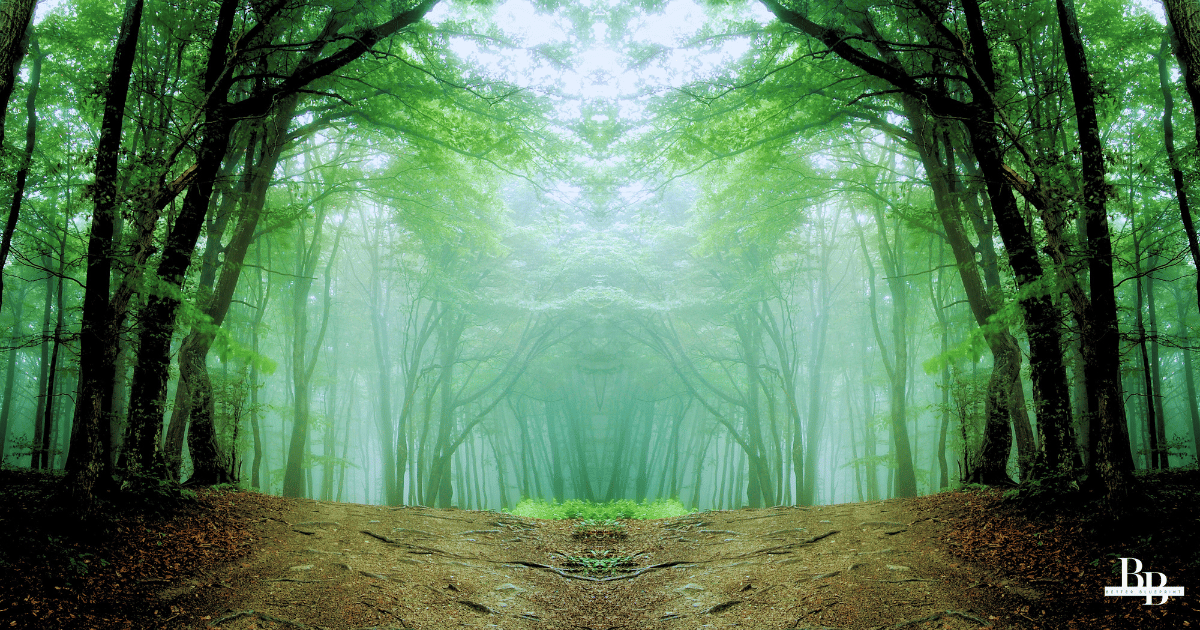- The Better Blueprint
- Posts
- The Better Blueprint
The Better Blueprint
No: 1515

The Mother we often forget
“My mother was heavily pregnant with me, working in the fields. When the time came, she had no chance to reach home, no doctor, no walls—only the earth. I was born there, in the soil itself. Before I ever tasted milk, I tasted soil. This soil is me, and I am this soil.”
I read these words, and they sank into me like a stone in water. There is something unshakable in them—the image of life beginning not in a room of white light, but in the rough cradle of earth. A body arriving into the world held first by soil, as if the planet itself bent down to midwife.
It reminds me that motherhood is not only human—it is cosmic. Our first mother gives us flesh and breath, but the earth mothers us too. She steadies our steps, feeds us, takes us back when we are finished. Between those two mothers, we are never without holding.
There is also a sacred humility here. To say “before I had my mother’s milk, I had this soil” is to recognize that the land is not separate from us—it runs in our veins, it fills our lungs with each breath, it shapes our beginnings and our ends.
Maybe this is why soil feels so alive when we touch it. Why fields are never truly empty. Why silence outdoors never feels like loneliness. The ground remembers.
And perhaps, in a world where we rush to build walls between ourselves and nature, this story is a reminder to bow our heads: that our origin is older than hospitals, older than comfort, older than language. We are born of mothers, yes. But we are also born of earth
A Great Quote
“Do not be disheartened by the slowness of growth.
A seed takes time before it breaks the soil.
A river carves valleys not in days, but in ages.
Patience is not waiting—it is steady becoming.
The unseen is at work long before it is seen.” — John O’Donohue
Book Review: “Trees: Reflections and Poems by Hermann Hesse
I have always found myself pausing beneath trees. Not to study them, not even to admire them—but simply to stand. There is something in their quiet presence that feels older than advice, more faithful than memory.
When I opened Hermann Hesse’s Trees: Reflections and Poems, it felt like meeting someone who had noticed what I’ve always felt, but never fully put into words. Hesse doesn’t write about trees as background to our lives. He writes of them as if they are companions, guardians, and sometimes, mirrors.
Reading him, I thought of an old neem tree near my childhood home. As children, we never thanked it for its shade or the way it softened the summer air. But I see now how it simply stood, year after year, asking for nothing, giving everything. That is the rhythm Hesse captures—this patient, rooted way of being that trees seem to master without effort.
There’s one line that keeps circling back to me:
“Whoever has learned how to listen to trees no longer wants to be a tree. He wants to be nothing except what he is.”
I underlined it, then closed the book and sat still for a while. Because isn’t that what we’re all circling toward? Not becoming more, not becoming less, but standing as ourselves—like a tree does.
This book is not long. You can finish it in an evening. But I don’t think it’s meant to be finished. It’s meant to be carried—like a leaf pressed between pages, or a memory of shade on a long walk.
If you’ve ever leaned your back against bark and felt steadier, this book will feel like home.
P.S.: If this newsletter brought you calm, pass it on to someone who’d enjoy the silence too.
About : Every two weeks, I sit down to write a quiet note: something like a pause in the middle of a restless day. Inside, you’ll find small reflections on change and growth, a line or two that lingers in the heart, and a book that has left me seeing the world a little differently.
Think of it less as a publication and more as a letter with the kind of words that steady us when the world moves too fast.